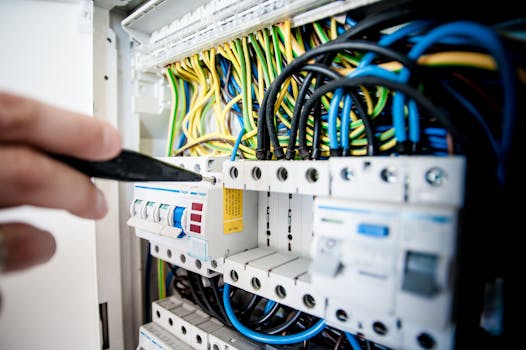Blockchain and Its Potential in E-commerce
Blockchain technology, initially developed as the architecture underpinning cryptocurrencies like Bitcoin, has now found a myriad of applications beyond just finance. Its potential in the realm of e-commerce is particularly significant, offering transformative possibilities for how transactions and data are handled across the internet. This article will explore the main approaches through which blockchain can revolutionize e-commerce, compare their advantages and disadvantages, and provide practical examples of these innovations in action.
Enhancing Payment Processes
One of the primary applications of blockchain in e-commerce is in the streamlining and securing of payment processes. Traditional online payment methods often involve numerous intermediaries, each adding layers of complexity and potential vulnerability. Blockchain provides a decentralized payment system, which simplifies transactions by making them peer-to-peer, without the need for intermediaries.
Advantages:
- Reduced Costs: By eliminating middlemen, blockchain can lower transaction fees for both merchants and consumers.
- Increased Security: Blockchain's decentralized nature and cryptographic algorithms make it extremely difficult to hack, reducing the risk of fraud.
- Volatility: Cryptocurrencies, a common medium of exchange on blockchain platforms, can be highly volatile.
- Scalability Issues: Current blockchain networks may face challenges in handling a high volume of transactions quickly, a necessity in bustling e-commerce environments.
- Counterfeit Prevention: Blockchain helps in combating counterfeit goods, as each product can be traced back to its origin.
- Improved Efficiency: Real-time tracking and automated smart contracts can streamline operations and reduce delays.
- Implementation Costs: Setting up blockchain infrastructure can be costly and requires significant technical expertise.
- Complexity in Integration: Integrating blockchain with existing legacy systems can be challenging and may disrupt current operations.
- Enhanced Privacy: With blockchain, personal data can be encrypted and only accessible to authorized parties.
- Control Over Personal Data: Users can potentially control who accesses their data and for what purpose, enhancing consumer trust.
- Data Amendment Difficulty: Once data is added to the blockchain, it is challenging to alter, which can complicate error corrections or data updates.
- Regulatory Uncertainty: As blockchain is a relatively new technology, regulatory frameworks are still developing, which might pose legal challenges.
Disadvantages:
Practical Example: Overstock.com, one of the first major online retailers to accept Bitcoin, leverages blockchain not only for payments but also to manage consent for cookies in compliance with GDPR through its subsidiary tZero.
Supply Chain Transparency
Blockchain also promises enhanced transparency and efficiency in supply chain management, a critical aspect of e-commerce. By recording every transaction on a blockchain, it becomes possible to track the movement of goods from manufacture to sale, ensuring authenticity and compliance.
Advantages:
Disadvantages:
Practical Example: Walmart has successfully implemented blockchain to track its seafood supply chain from India to the United States, ensuring that the products are fresh and ethically sourced.
Customer Data Security
In the era of big data, protecting consumer information has become paramount. Blockchain can offer superior data protection mechanisms compared to traditional e-commerce platforms.
Advantages:
Disadvantages:
Practical Example: Shopify offers merchants the option to accept cryptocurrency payments, providing an additional layer of security for customer transactions.
Conclusion: Embracing Blockchain for a Competitive Edge
The potential of blockchain in e-commerce is vast, offering opportunities for enhanced security, efficiency, and trust. Businesses that adopt blockchain technology can gain a competitive edge through improved payment processes, supply chain transparency, and data security. However, the benefits come with challenges such as technical complexity and regulatory uncertainty. Companies considering blockchain adoption must weigh these factors and possibly start with pilot projects to gauge the technology's impact on their specific operations.
For businesses looking to stay ahead in the digital age, exploring blockchain's potential in e-commerce could be a wise strategic move. As the technology matures and solutions to current drawbacks are developed, blockchain is poised to become a fundamental component of the e-commerce landscape. Whether you're a small startup or a large enterprise, now is the time to consider how blockchain can be integrated into your business model to enhance efficiency and security.

.png)





